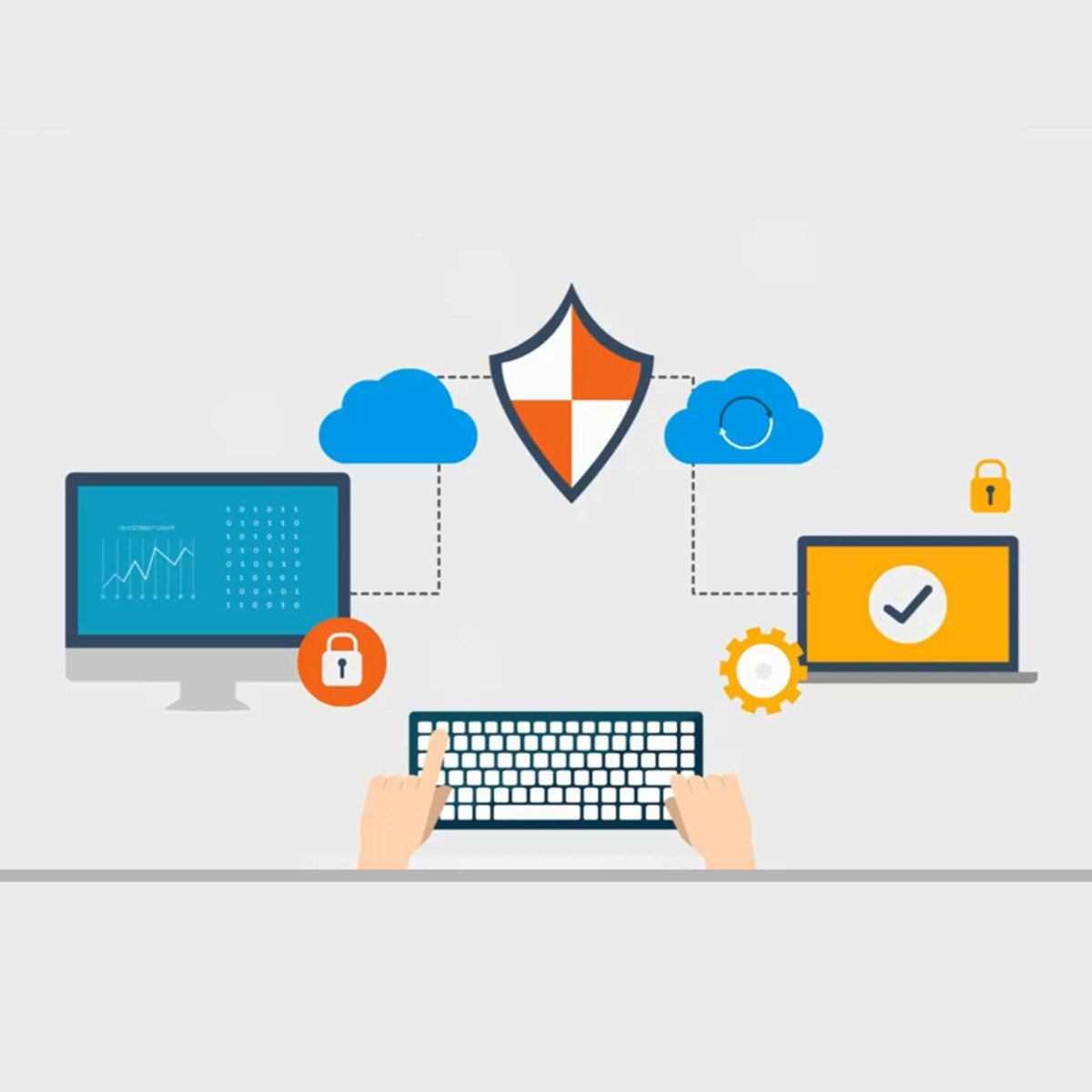
To adopt RPA, you begin with the Discovery and Design phases and proceed onto the Development and Testing phase.
RPA Lifecycle – Development and Testing is the second course of the Specialization on Implementing RPA with Cognitive Solutions and Analytics.
Read more
To adopt RPA, you begin with the Discovery and Design phases and proceed onto the Development and Testing phase.
RPA Lifecycle – Development and Testing is the second course of the Specialization on Implementing RPA with Cognitive Solutions and Analytics.
To adopt RPA, you begin with the Discovery and Design phases and proceed onto the Development and Testing phase.
RPA Lifecycle – Development and Testing is the second course of the Specialization on Implementing RPA with Cognitive Solutions and Analytics.
In this course, you will learn how to develop and test bots. For this, you will use Automation Anywhere Enterprise Client (or AAE Client) to record, modify, and run tasks. AAE Client is a desktop application with an intuitive interface, that enables the creation of automated tasks with ease. It features ‘SMART’ Automation technology that quickly automates complex tasks without the need for any programming efforts. The learning will be reinforced through concept description, building bots, and guided practice.
What's inside
Syllabus
Understanding AAE Client
In this module, you will define the role of AAE Client in developing RPA. You will then use the various recorders for automating simple tasks that involve mouse-clicks, keystrokes, interacting with applications and web pages, and work with the Workbench components and commands to create Bots.
Read more
Syllabus
Good to know
Save this course
Reviews summary
Helpful rpa lifecycle concepts
Activities
Tutorial: Recording and Modifying Tasks
Show steps
Walk through the process of using AAE Client to record, modify, and run tasks, giving you a hands-on understanding of the development process.
Show steps
-
Install and familiarize yourself with AAE Client.
-
Record a simple task, such as launching an application.
-
Modify the recorded task to add additional steps or change the parameters.
-
Run the modified task to verify that it works as expected.
Practice: Using Commands to Automate Tasks
Show steps
Reinforce your understanding of AAE Client commands by completing a series of practice exercises that will help you develop more complex automations.
Show steps
-
Review the available commands in the AAE Client library.
-
Create a task that uses a variety of commands to automate a specific task.
-
Test your task to ensure that it works correctly.
Show all two activities
Tutorial: Recording and Modifying Tasks
Show steps
Walk through the process of using AAE Client to record, modify, and run tasks, giving you a hands-on understanding of the development process.
Show steps
- Install and familiarize yourself with AAE Client.
- Record a simple task, such as launching an application.
- Modify the recorded task to add additional steps or change the parameters.
- Run the modified task to verify that it works as expected.
Practice: Using Commands to Automate Tasks
Show steps
Reinforce your understanding of AAE Client commands by completing a series of practice exercises that will help you develop more complex automations.
Show steps
- Review the available commands in the AAE Client library.
- Create a task that uses a variety of commands to automate a specific task.
- Test your task to ensure that it works correctly.
Career center
Automation Engineer
Software Engineer
Business Analyst
IT Manager
IT Specialist
Data Analyst
Systems Analyst
Project Manager
Process Engineer
Technical Architect
Software Tester
Web Developer
Quality Assurance (QA) Analyst
Data Scientist
Reading list
Share
Similar courses
OpenCourser helps millions of learners each year. People visit us to learn workspace skills, ace their exams, and nurture their curiosity.
Our extensive catalog contains over 50,000 courses and twice as many books. Browse by search, by topic, or even by career interests. We'll match you to the right resources quickly.
Find this site helpful? Tell a friend about us.
We're supported by our community of learners. When you purchase or subscribe to courses and programs or purchase books, we may earn a commission from our partners.
Your purchases help us maintain our catalog and keep our servers humming without ads.
Thank you for supporting OpenCourser.


